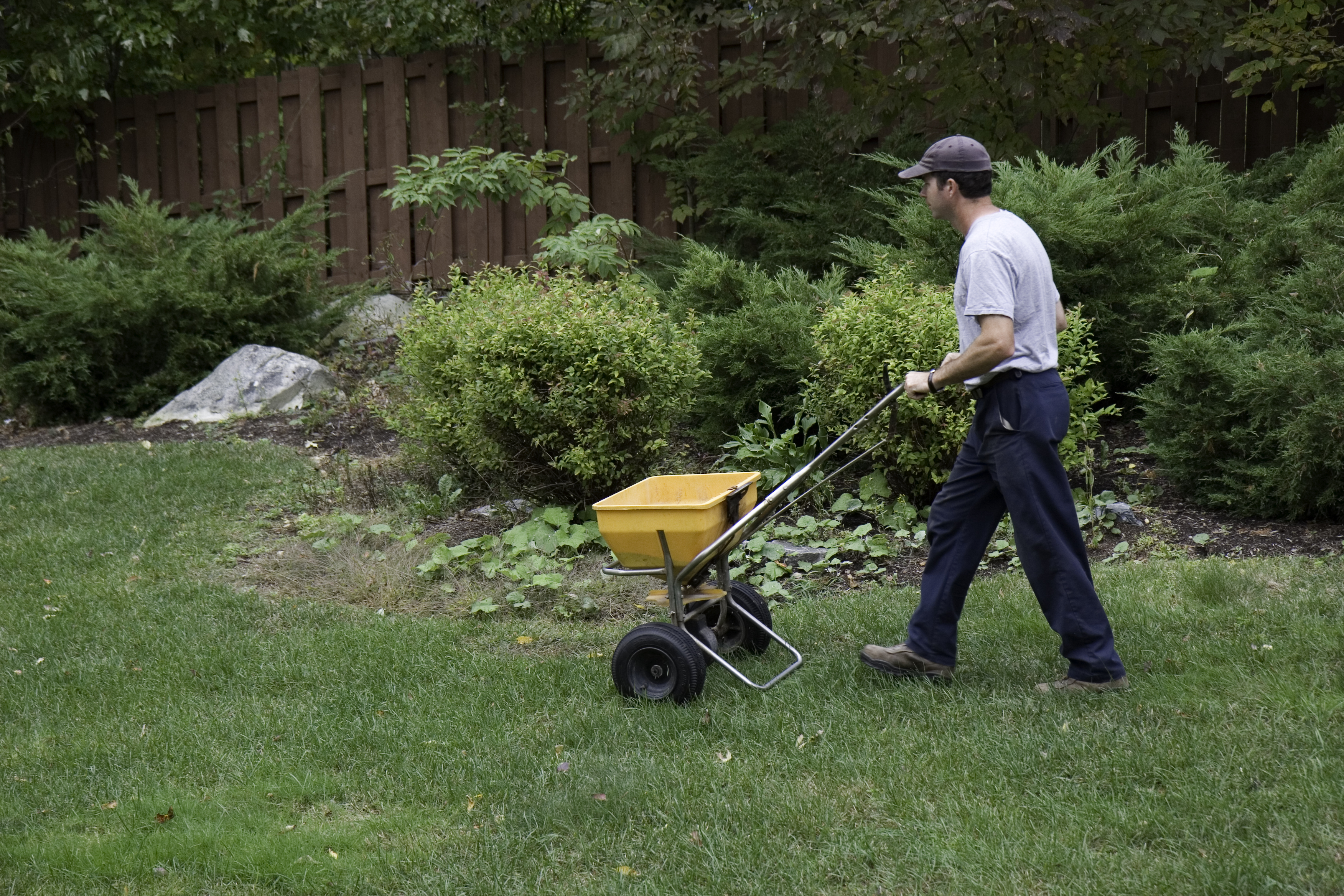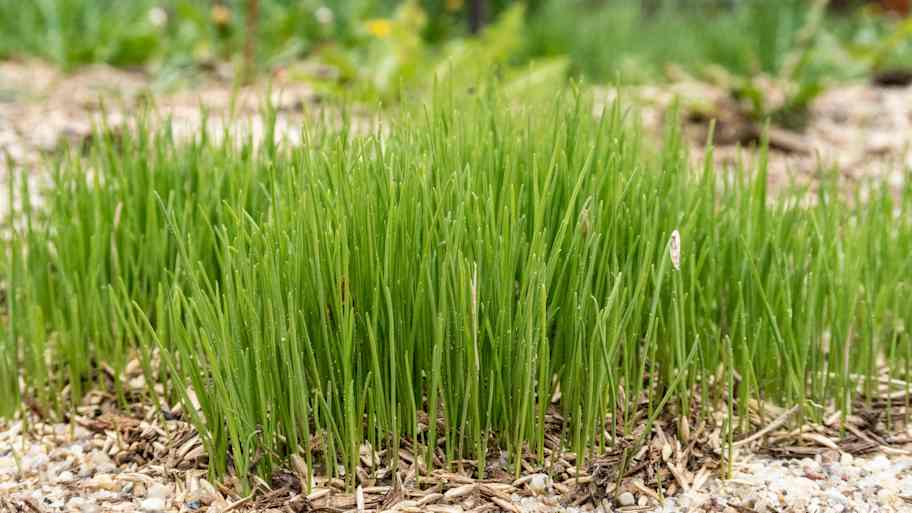
Get matched with top lawn fertilization and treatment specialists in Mason, OH
There are 14 highly-rated local lawn fertilization and treatment specialists.
Need a pro for your lawn fertilization and treatment project in Mason, OH?
TRUSTED BY MASON, OH HOMEOWNERS
4.2
Average homeowner rating127
Verified lawn fertilization and treatments reviews
Verified Reviews for Lawn Fertilization And Treatment pros in Mason, OH
*The Angi rating for Lawn Fertilization And Treatment companies in Mason, OH is a rating based on verified reviews from our community of homeowners who have used these pros to meet their Lawn Fertilization And Treatment needs.
*The HomeAdvisor rating for Lawn Fertilization And Treatment companies in Mason, OH is a rating based on verified reviews from our community of homeowners who have used these pros to meet their Lawn Fertilization And Treatment needs.
Last update on October 06, 2025
Find Lawn fertilization and treatment specialists in Mason
Choice Landscaping & Lawn Care Inc
Choice Landscaping & Lawn Care Inc
Additional DBA - Choice Lawn Care Inc.
Additional DBA - Choice Lawn Care Inc.
SPRY LAWN
SPRY LAWN
10% ANGIE'S LIST MEMBER DISCOUNT.
10% ANGIE'S LIST MEMBER DISCOUNT.
FAIRWAY LAWN CARE INC
FAIRWAY LAWN CARE INC
CUSTOMIZED SERVICE TO FIT YOUR NEEDS.
CUSTOMIZED SERVICE TO FIT YOUR NEEDS.
GREENLON LAWN CARE SERVICES
GREENLON LAWN CARE SERVICES
FAMILY OWNED & OPERATED. NO SUBS. COST DETERMINED BY THE JOB.
FAMILY OWNED & OPERATED. NO SUBS. COST DETERMINED BY THE JOB.
LANDEN LAWN CARE
LANDEN LAWN CARE
LAWN FERTILIZATION & CARE.
LAWN FERTILIZATION & CARE.
SAUNDERS LAWN CARE
SAUNDERS LAWN CARE
5 EMPLOYEES, NO SUBS, CHARGES ARE HOURLY, NO TRAVEL CHARGES.
5 EMPLOYEES, NO SUBS, CHARGES ARE HOURLY, NO TRAVEL CHARGES.
PROTURF GROUNDS CARE
PROTURF GROUNDS CARE
CUSTOMIZED LANDSCAPING
CUSTOMIZED LANDSCAPING
TURF GREEN LAWN CARE SERVICE
TURF GREEN LAWN CARE SERVICE
LAWN & YARD WORK.
LAWN & YARD WORK.
TEAM GREEN L&L
TEAM GREEN L&L
ADDITIONAL EMAIL: [email protected].
ADDITIONAL EMAIL: [email protected].
The Mason, OH homeowners’ guide to lawn fertilization and treatments
From average costs to expert advice, get all the answers you need to get your job done.
 •
•Get transparent power seeding cost info to learn what impacts pricing, how to save, and whether to DIY or hire a pro for your lawn’s best results.

Wondering how much fertilizer costs?’ We’ve got you covered, with answers based on the size of your yard, type of fertilizer, and whether you hire a pro.

Brown patches on your lawn may occur for several reasons, including lack of sunlight and overfertilization. Learn how to treat and prevent patches.

When it comes to drop spreaders versus broadcast spreaders, knowing the differences between them will help you make the right choice for your outdoor setup.

Ready to give your yard a fresh start? With these tips for grass seed planting, your lush lawn dreams are one step closer to becoming a reality.

If you’re looking to apply fertilizer to your lawn, there are a few things you need to get right first. Make sure you’re ready to answer these lawn fertilizer questions before you start.
- Maineville, OH Lawn fertilization and treatment specialists
- Kings Mills, OH Lawn fertilization and treatment specialists
- West Chester, OH Lawn fertilization and treatment specialists
- South Lebanon, OH Lawn fertilization and treatment specialists
- Blue Ash, OH Lawn fertilization and treatment specialists
- Montgomery, OH Lawn fertilization and treatment specialists
- Sharonville, OH Lawn fertilization and treatment specialists
- Monroe, OH Lawn fertilization and treatment specialists
- Loveland, OH Lawn fertilization and treatment specialists
- Lebanon, OH Lawn fertilization and treatment specialists
- The Village Of Indian Hill, OH Lawn fertilization and treatment specialists
- Glendale, OH Lawn fertilization and treatment specialists
- Springdale, OH Lawn fertilization and treatment specialists
- Liberty Township, OH Lawn fertilization and treatment specialists
- Evendale, OH Lawn fertilization and treatment specialists
- Silverton, OH Lawn fertilization and treatment specialists
- Deer Park, OH Lawn fertilization and treatment specialists
- Madeira, OH Lawn fertilization and treatment specialists
- New Miami, OH Lawn fertilization and treatment specialists
- Trenton, OH Lawn fertilization and treatment specialists
- Fairfield, OH Lawn fertilization and treatment specialists
- Morrow, OH Lawn fertilization and treatment specialists
- Reading, OH Lawn fertilization and treatment specialists
- Forest Park, OH Lawn fertilization and treatment specialists
- Milford, OH Lawn fertilization and treatment specialists
- Amberley, OH Lawn fertilization and treatment specialists
- Greenhills, OH Lawn fertilization and treatment specialists
- Pleasant Plain, OH Lawn fertilization and treatment specialists
- Franklin, OH Lawn fertilization and treatment specialists
- Carlisle, OH Lawn fertilization and treatment specialists





